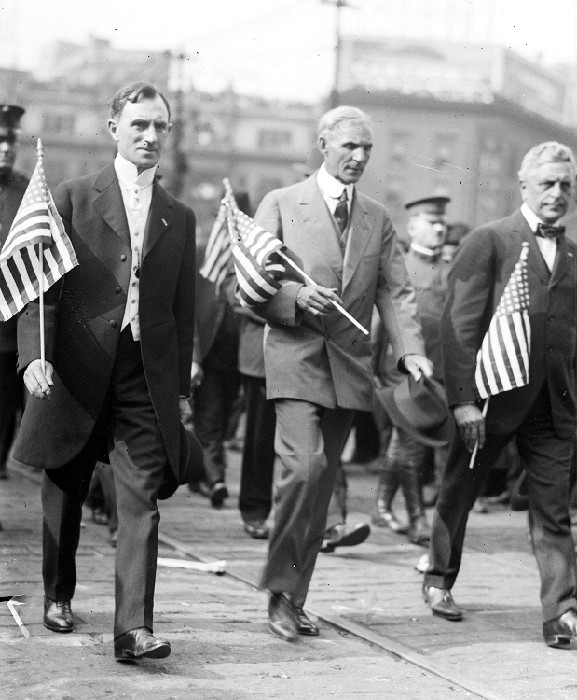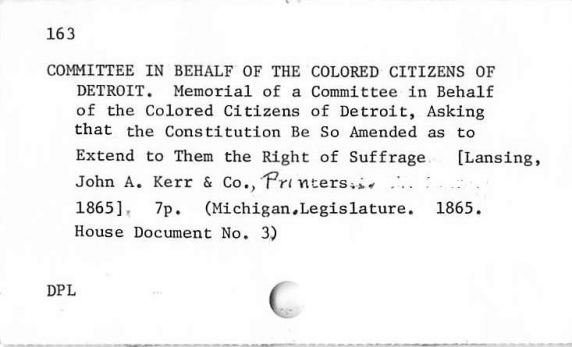Salaina Catalano Crumb explains how American fascism developed and thrived in Michigan from the 1920s through the 1940s due to the influence of right-wing individuals and organizations swayed by the politics of Nazi Germany, including industrialist Henry Ford, anti-communist clergy members Father Coughlin and Reverend Gerald L.K. Smith, militant secret societies like the Black Legion, and immigrant veterans’ and fascist groups including the German American Bund. Crumb received dual MA/MSc degrees in International & World History at Columbia University and the London School of Economics, and works in the automotive field.
Related Collections:
Peter H. Amann Papers
Father Charles Coughlin FBI Files
Samuel Kellman Papers
Social Justice (Father Coughlin’s anti-communist publication)
Maurice Sugar Papers
Related Resources:
Salaina Catalano – “When It Happened Here: Michigan and the Transnational Development of American Fascism, 1920-1945,” Michigan Historical Review
Episode Credits
Producers: Dan Golodner and Troy Eller English
Interviewee: Salaina Catalano Crumb
Music: Bart Bealmear
Podcast: Play in new window | Download | Embed

